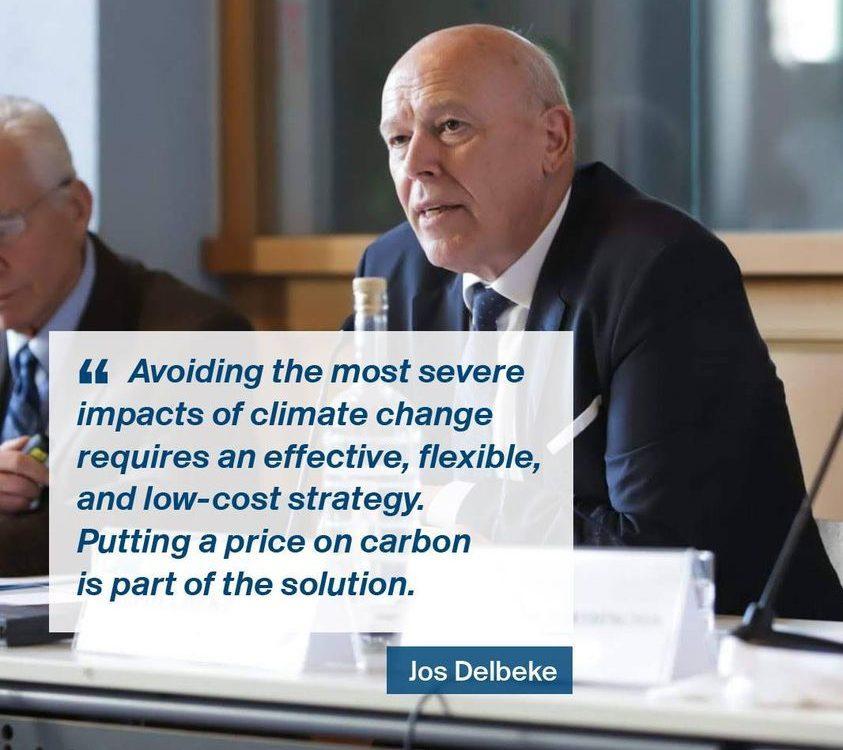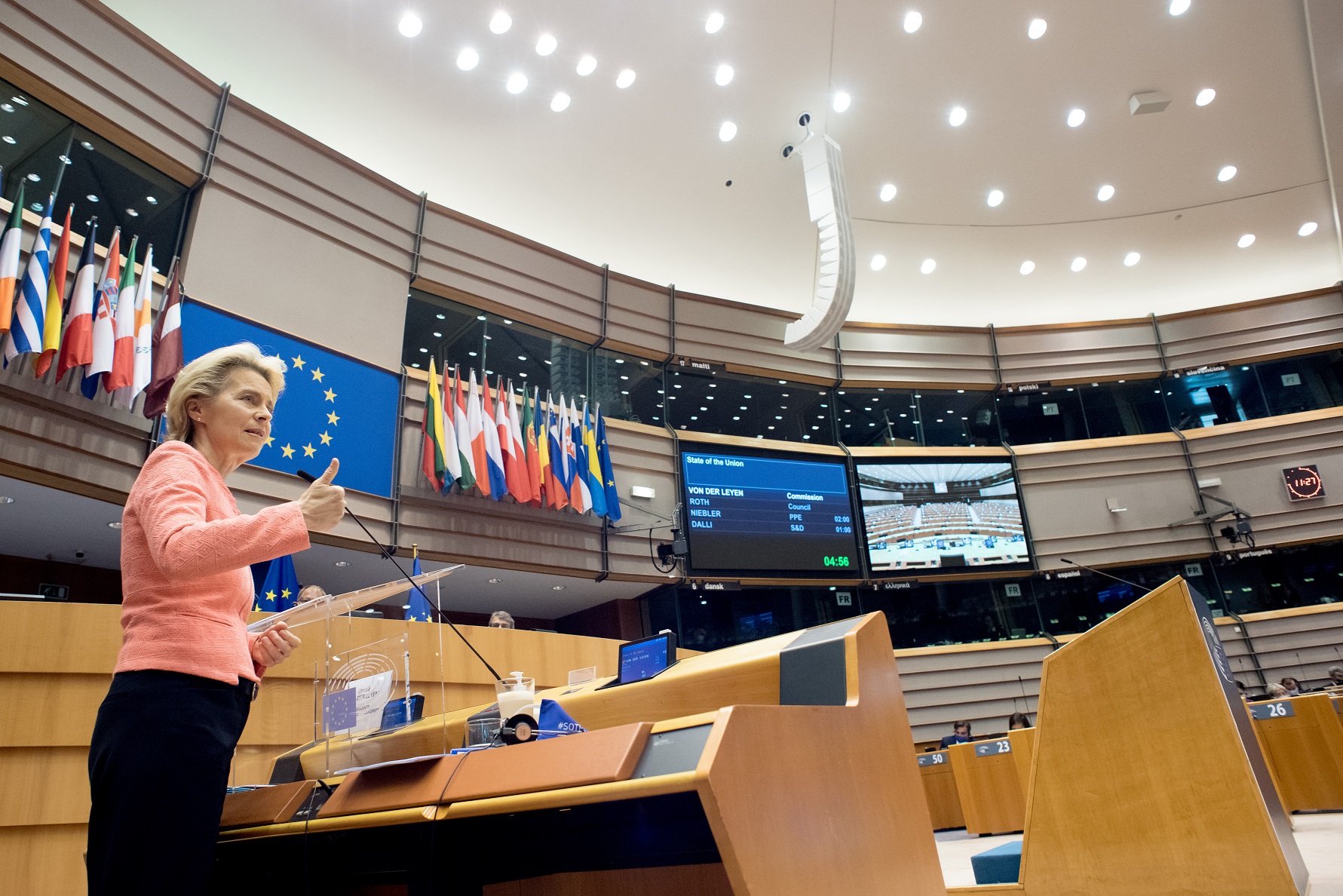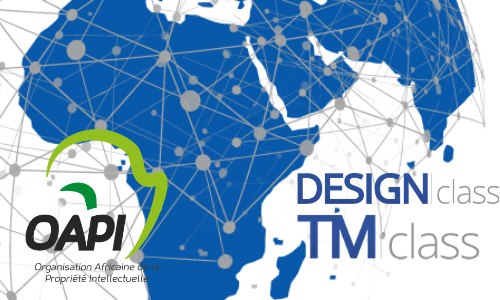Jos Delbeke first EIB Climate Chair at the EUI

Prof. Jos Delbeke has been appointed as the European University Institute’s (EUI) first European Investment Bank (EIB) Chair on Climate Change Policy and International Carbon Markets (‘EIB Climate Chair’). The former Director-General of the European Commission’s DG Climate Action will work on issues related to carbon pricing and sustainable finance.
Set within the EUI School of Transnational Governance and building on the expertise already available at the Institute, the Chair will consolidate the EUI’s position as a world-class centre of research and teaching on climate change policy.
The EIB Climate Chair is supported by the EIB, the EU’s climate bank and the world’s largest multilateral provider of finance for projects supporting climate action. It will connect the EUI’s research and training with the EIB’s expertise in both financial and non-financial aspects of climate policy, for example through the organisation of joint scientific events.
“I am honoured to be appointed as the first EIB Climate Chair. In the next five years, my colleagues and I will work to promote the transmission of the best climate policy practices through research, teaching and dissemination. Being able to count on the complementary expertise at the EUI and the EIB will be an asset.”
“The EIB Climate Chair comes at a time when the EU’s climate bank is drastically increasing its ambition for climate”, said Emma Navarro, EIB Vice-President in charge of Climate. “We are aiming to support €1 trillion of investments in climate and sustainability between 2021 and 2030, to increase our share of climate financing to 50% of our operations by 2025 and to align all our financing activities with the principles and goals of the Paris agreement. Professor Delbeke brings with him a long experience and expertise in climate action policies and sustainable finance and we look forward to working with him to continue fostering research and awareness on topics and policies that are fundamental to achieving the European goal of carbon neutrality by 2050.”
The EIB is committed to the EU’s plan to achieve a climate neutral European economy by 2050 and make its contribution across the different dimensions of climate action.
Meet Professor Jos Delbeke article
Meet EIB Climate Chair Jos Delbeke
In September 2020, Prof Jos Delbeke was appointed as the first EIB Climate Chair at the EUI’s School of Transnational Governance. In the next five years, Delbeke and his team will promote the transmission of the best climate policy practices through research, teaching and dissemination.
Q: Professor Delbeke, what are the most crucial climate policy issues today?
A: Today’s crucial problem is that no country in the world is implementing sufficient policies to reduce greenhouse gas emissions to deliver the targets agreed in the Paris Agreement. There is good progress in the energy sector, but a lot more needs to be done, not least in transport and industry.
Q: How will you contribute to addressing climate policy matters as the EIB Climate Chair?
A: There are three core streams of activity. First, we aim to follow up closely on the further development of EU climate policy, not least on its carbon market and on issues related to sustainable finance. Second, we are increasingly sharing our experience with policy makers from emerging economies. Finally, we will offer in-depth training to our Masters students and Policy Fellows at the EUI’s School of Transnational Governance.
Q: What is the added value of institutions like the European Investment Bank and the European University Institute teaming up on climate policy?
A: There is a lot of experience that can be shared, and there is a lot more that needs to be thought through in the field of policy implementation. What we need is a massive transformation of our economy, and the EIB makes very significant investments in key sectors that matter so much for climate change, not least in industry and for infrastructure.



